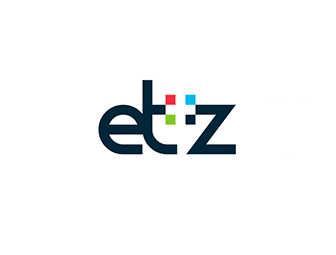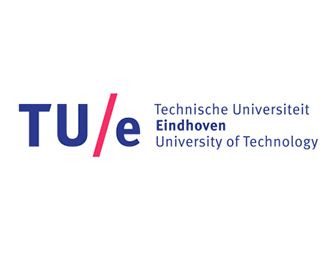 Industrialitzation of healthcare services
Industrialitzation of healthcare services Industrialitzation of healthcare services
Industrialitzation of healthcare services
Stroke management
Stroke care is time sensitive. Early identification and appropriate management in the initial hours after the event are associated with lower morbidity and mortality as well as a reduction in healthcare costs. The annual economic costs of stroke in the EU is of approximately €38 billion/year (50% direct health costs, 22% productivity loss, 29% informal care of people with stroke).1

€38bn per year
50 %
direct health costs
22 %
productivity loss
29 %
informal care
Led by Elisabeth-TweeSteden Ziekenhuis, this pilot aims to improve outcomes and thereby reduce the overall cost of stroke by using big data to identify and remove bottlenecks in time-critical, hyper-acute stages of the workflow.
Why a big data approach is needed
Big data is required to address this problem due to the volume (data generated from the intervention of multiple healthcare professionals and the use of multiple facilities), velocity (e.g. real-time data will be generated form the Real-Time Locating Systems), variety and veracity and value (e.g. resource optimization in emergency department and time reduction for diagnosis and treatment).
Other outcomes expected are: better asset, installations and staff management, increased patient safety and increased patient throughput through the emergency department. Weaknesses in the workflow will be identified by combining all information helping to develop improved protocols.




Publications
The caregiver as object d’ art in workflow monitoring, studies and management information: a management, ethical and practical high wire act?
Ottevanger DG1, Hana A, Paulussen IWF1,4, van Tuijl JH3, Jansen B3, de Vormer A1, Leitão A4, Chatterjea S4, Noordergraaf GJ1,4. (13-14 September 2021). The caregiver as object d’ art in workflow monitoring, studies and management information: a management, ethical and practical high wire act? Big Data & AI: Actionable Insights Transforming European Healthcare, Best, Netherlands.
Timestamps results: it’s all in their (real) meaning. An initial overview, and analysis of a Big Data approach
Paulussen IWF, Hana A, van de Pas H, Dortangs E, Leitão A, Chatterjea S, Noordergraaf GJ. (13-14 September 2021). Timestamps results: it’s all in their (real) meaning. An initial overview, and analysis of a Big Data approach. Big Data & AI: Actionable Insights Transforming European Healthcare, Best, Netherlands.
Facets of integration of Real-Time Localization Systems (RTLS) in healthcare and business: Implementation, limitations and outcome (Initial results)
Hana A, van Tuijl JH, Jansen B, Callebaut F, Paulussen IWF, Leitão A, Chatterjea S, Noordergraaf GJ. (13-14 September 2021). Facets of integration of Real-Time Localization Systems (RTLS) in healthcare and business: Implementation, limitations and outcome (Initial results). Big Data & AI: Actionable Insights Transforming European Healthcare, Best, Netherlands.
1 Source: Nichols M, Townsend N, Luengo-Fernandez R, Leal J, Gray A, Scarborough P, Rayner M. European Cardiovascular Disease Statistics 2012. European Heart Network, Brussels, European Society of Cardiology, Sophia. Antipolis. 2012.
Related news:
